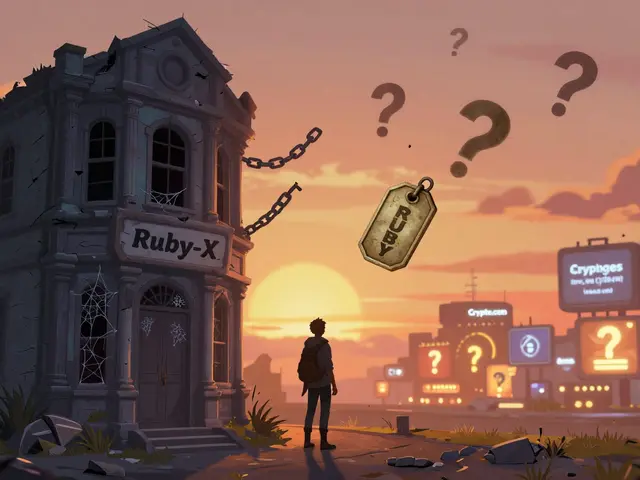Bitcoin Ecuador: What You Need to Know About Crypto Use in Ecuador
When people talk about Bitcoin Ecuador, the growing use of Bitcoin as a practical alternative to the unstable Ecuadorian sucre and U.S. dollar in everyday transactions, they’re not just talking about speculation. In Ecuador, where inflation has eroded trust in traditional money and banking access is uneven, Bitcoin isn’t a luxury—it’s a tool. Many Ecuadorians use it to send money home from abroad, buy groceries, or save value without relying on banks that often freeze accounts or charge high fees. It’s not government-backed, but it’s real in people’s hands.
Cryptocurrency in Ecuador, the informal adoption of digital assets outside formal financial systems has surged since 2020. Unlike countries with strict bans, Ecuador doesn’t outlaw Bitcoin—but it also doesn’t regulate it. That means no legal tender status, no tax guidance, and no consumer protection. Still, peer-to-peer trading on platforms like LocalBitcoins and Paxful is common. People trade cash for Bitcoin in person at cafes or markets, then use it to pay for services or convert into dollars via crypto ATMs. Ecuador crypto regulations, the lack of formal rules governing digital asset use in the country create a gray zone: risky, but functional for those who understand the trade-offs.
What you won’t find in Ecuador is big exchange infrastructure. No Binance or Coinbase offices. No licensed crypto banks. Instead, you’ll find individuals using Telegram groups to coordinate trades, local merchants accepting Bitcoin as payment for phone credits or bus tickets, and remittance workers bypassing Western Union fees. This isn’t Wall Street. It’s grassroots. And it’s working for people who have no other options. The Bitcoin adoption here isn’t about getting rich—it’s about staying solvent.
Some try to use Bitcoin to escape inflation, others to send money to family in the U.S. or Spain. But there are dangers: scams, price swings, and no recourse if a trade goes wrong. You won’t find official guides from the Central Bank. You won’t get help from a customer service line. You’re on your own. That’s why the posts below focus on real experiences—how people in Ecuador actually use Bitcoin, what tools they rely on, and what mistakes to avoid. You’ll see what works, what fails, and what’s still possible when formal systems don’t serve you.
Cryptocurrency Restrictions in Ecuador: What You Can and Can't Do in 2025
Ecuador doesn't ban cryptocurrency, but banks block all crypto transactions. Learn how people buy Bitcoin, pay taxes, mine, and navigate strict rules in 2025 - and why adoption remains below 3%.





